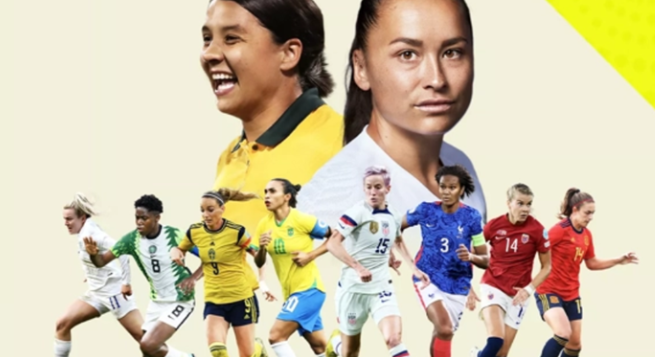Even as British broadcast regulator Ofcom has started a short consultation on live telecast of FIFA Women’s World Cup 2023 on BBC and ITV, a survey carried out highlighted that one in four British men would follow the tournament.
Ofcom yesterday said it has received requests from the BBC and ITV to broadcast live coverage of the FIFA Women’s World Cup Finals Tournament 2023 due to take place in Australia and New Zealand from July 20 to August 20.
The FIFA Women’s World Cup 2023 is designated as a ‘Group A Listed Event’ under the Broadcasting Act, so Ofcom’s consent is required for a broadcaster to provide exclusive live television coverage.
The BBC and ITV plan to share coverage of the tournament, each broadcaster will exclusively show half of the England matches and half of the total number of matches across the tournament. Both broadcasters will show the final.
“We are consulting for a shorter period than usual. This is because of delays in the acquisition of the rights from FIFA. The agreement for the rights is yet to be concluded, due to these delays and a more complex multi-party transaction, but the BBC and ITV have now made their applications to ensure Ofcom has time to carry out this consultation.
“We are minded to approve these requests, subject to responses from interested parties, which must be submitted by 11 July 2023,” Ofcom said in a statement.
The BBC and ITV plan to share coverage of the tournament, comprising 64 matches, and of the England matches — meaning each broadcaster will exclusively show half of the England matches and half of the total number of matches across the tournament. Both broadcasters will show the final.
The BBC plans to broadcast live coverage of the opening game, its share of England matches, a semi-final and the final on BBC One. Other matches will be broadcast primarily on BBC Two, with additional coverage available via the Red Button and iPlayer. The BBC has told the regulator that it may increase the number of matches it broadcasts on BBC One during the tournament.
Meanwhile, with the Women’s Football World Cup set to kick off later this month, Kantar has looked at which consumer groups are most likely to follow the tournament.
Kantar TGI data, according to Advanced Television, reveals nearly one in four British men plan to follow the Women’s World Cup; 24 per cent (6.3 million) say they’ll watch through the media or as a spectator, compared to 15 percent of women (4.2 million).
The sport may have more work to do to get young fans engaged in the women’s game – just 13 percent of 15-24 year olds say they’ll watch the tournament versus 20 percent of all adults, Advanced Television stated, quoting figures from the survey.
Gen Xers are most likely to tune in, with 23 percent of 45-54 year olds likely to follow the competition.
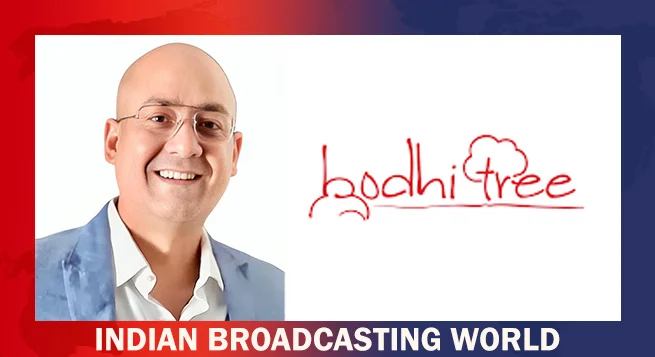 Bodhitree appoints Sudip Roy CRO; launches new revenue division
Bodhitree appoints Sudip Roy CRO; launches new revenue division  SonyLIV drops ‘Black, White & Gray-Love Kills’ trailer
SonyLIV drops ‘Black, White & Gray-Love Kills’ trailer 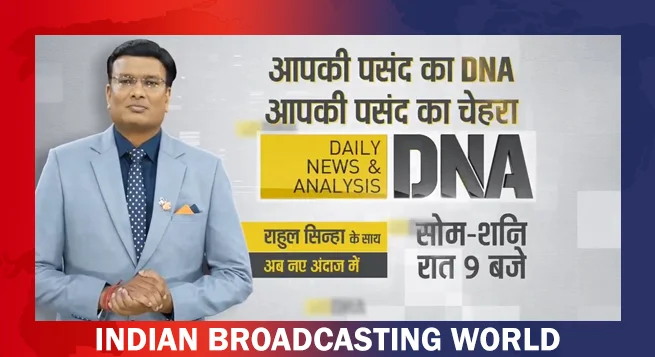 Rahul Sinha takes charge of Zee News’ DNA
Rahul Sinha takes charge of Zee News’ DNA  Kritika Kamra joins forces with ‘Peepli Live’ maker
Kritika Kamra joins forces with ‘Peepli Live’ maker  ‘Vicky Donor’ returns to theatres on April 18
‘Vicky Donor’ returns to theatres on April 18 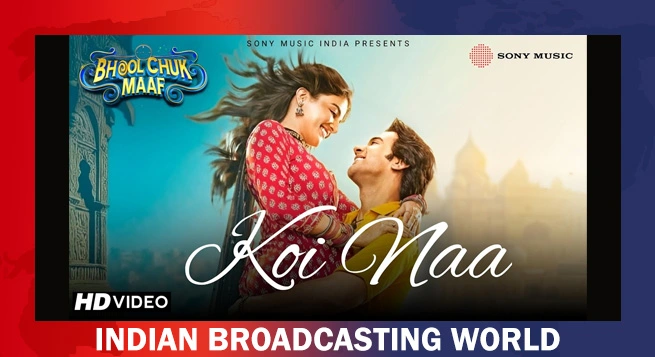 ‘Bhool Chuk Maaf’ unveils ‘Koi Naa’ first song of the album
‘Bhool Chuk Maaf’ unveils ‘Koi Naa’ first song of the album  Cinystore Technologies unveils ‘KeepItShort’ new OTT platform
Cinystore Technologies unveils ‘KeepItShort’ new OTT platform 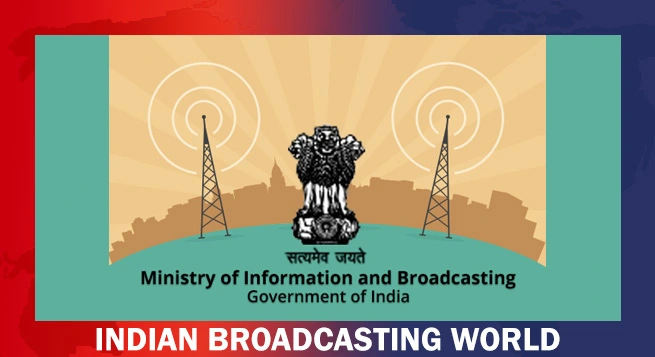 MIB cancels 1,100 MSO registrations; only 843 remain active
MIB cancels 1,100 MSO registrations; only 843 remain active 


